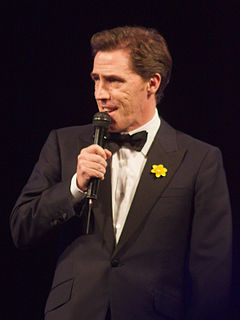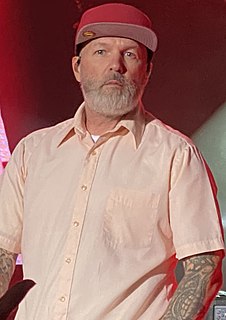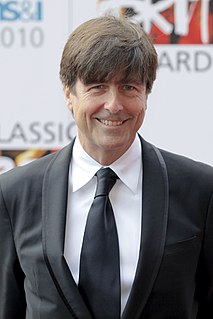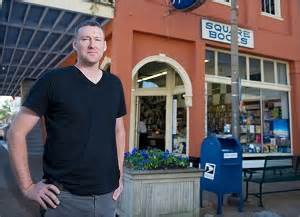A Quote by David Sedaris
Sometimes you read something and it's just -- it doesn't invite a reader....Sometimes you read something and it's not saying, 'oh come in, come in have a seat. I'm going to tell you what happened.' Perhaps my writing comes off as conversational...and that takes effort.
Related Quotes
Opportunities may come along for you to convert something -something that exists into something that didn't yet. That might be the beginning of it. Sometimes you just want to do things your way, want to see for yourself what lies behind the misty curtain. It's not like you see songs approaching and invite them in. It's not that easy. You want to write songs that are bigger than life. You want to say something about strange things that have happened to you, strange things you have seen. You have to know and understand something and then go past the vernacular.
Sometimes what happens I think is that actors finish a movie and they go, oh my god, I'm never going to work again, even big huge actors, and so they'll take something thinking that something else will never come along. But for me, I freak out - because I'm a bit of a workaholic - the second I finish a movie going oh my god, what am I going to do, but I can start writing the next day so it doesn't force me to make a bad choice acting-wise.
Having read my share of tell-alls over the year, including some that were passed off as autobiographies, I mostly feel sad - sometimes for the writer and sometimes for all the people in his way. I hope that the process of writing the tell-all gives some release and closure on what clearly was an unpleasant and unfulfilling life experience.
I think words are the thing that either triumphs for you, in your desire to communicate something, or fails. I love language because when it succeeds, for me, it doesn't just tell me something. It enacts something. It creates something. And it goes both ways. Sometimes it's violent. Sometimes it hurts you. And sometimes it saves you.
Justice. To be ever ready to admit that another person is something quite different from what we read when he is there (or when we think about him). Or rather, to read in him that he is certainly something different, perhaps something completely different from what we read in him. Every being cries out silently to be read differently.





































